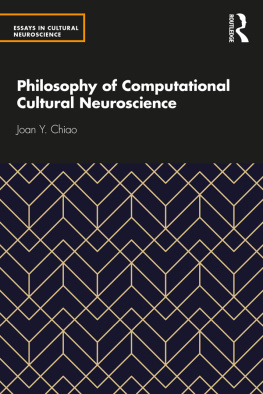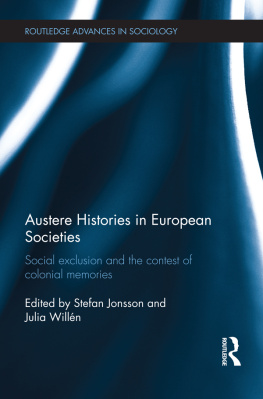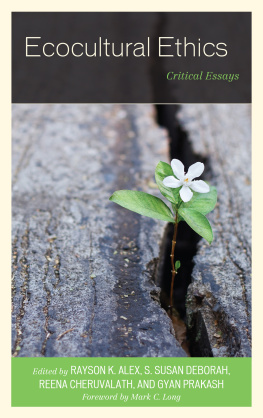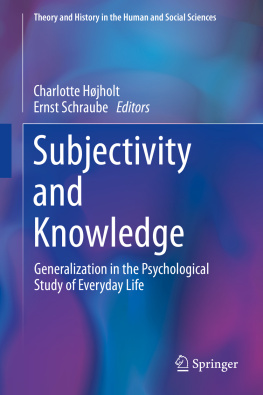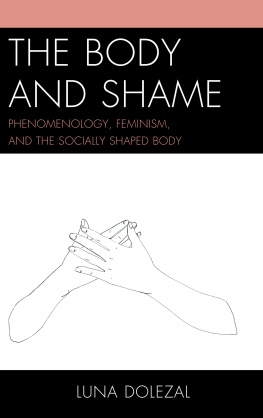
Deciphering Culture
Representation, subjectivity and sexuality continue to be central issues in the humanities and social sciences. Deciphering Culture explores their relationship, focusing on the way representations are used in practices and narratives of self formation. The authors develop the concept of curiosity as a way of deciphering the working of distinct cultural formations, considering questions of knowledge and authority; reading and decipherment; and the ethics of critical and textual inquiry. Each author takes a distinct approach, using examples from the visual arts, literature, popular culture, and cultural history and examining questions of gender and cultural difference. They address a variety of topics including
the historical formation of subjectivities, identities and differences
everyday cultures and negotiation cultural conduct and habits of the self
consumption and the body
memory, history and autobiography
This fascinating book will appeal to students and academics from a variety of disciplinary backgrounds in the social sciences and cultural studies.
Jane Crisp is Adjunct Senior Lecturer in the School of Film, Media and Cultural Studies at Griffith University. Kay Ferres is Senior Lecturer in the School of Humanities at Griffith University. Gillian Swanson is Senior Lecturer in the School of Cultural Studies at the University of the West of England.
Deciphering Culture
Ordinary Curiosities and Subjective Narratives
Jane Crisp, Kay Ferres and Gillian Swanson
First published 2000
by Routledge
Published 2013 by Routledge
2 Park Square, Milton Park, Abingdon, Oxon OX14 4RN
Simultaneously published in the USA and Canada
by Routledge
711 Third Avenue, New York, NY, 10017, USA
Routledge is an imprint of the Taylor & Francis Group, an informa business
2000 Jane Crisp, Kay Ferres and Gillian Swanson
Typeset in Baskerville by Taylor & Francis Books Ltd
All rights reserved. No part of this book may be reprinted or reproduced or utilised in any form or by any electronic, mechanical, or other means, now known or hereafter invented, including photocopying and recording, or in any information storage or retrieval system, without permission in writing from the publishers.
British Library Cataloguing in Publication Data
A catalogue record for this book is available from the British Library
Library of Congress Cataloging in Publication Data
Crisp, Jane.
Deciphering culture: ordinary curiosities and subjective narratives/Jane Crisp, Kay Ferres, and Gillian Swanson.
p. cm.
Includes bibliographical references and index.
1. Individuation (Psychology) in literature. 2. Individuation (Psychology) 3. Gender identity in literature. 4. Gender identity. I. Ferres, Kay, II. Swanson, Gillian. III. Title.
PN56.157 C75 2000
809.93353dc21
00034473
ISBN 13: 978-0415-10837-9 (hbk)
ISBN 13: 978-0-415-10838-6 (pbk)
Curiosity (kierp siti). ME [A.OF. curioset , ad. L. curiositatem ; see CURIOUS and TY]
1. Carefulness 1747; scrupulousness, accuracy 1694; ingenuity 1772; undue niceness or subtlety 1766. 2. Desire to know or learn; inquisitiveness ME.; inquisitiveness about trifles or other peoples affairs 1577. 3. Scientific or artistic interest; connoisseurship 1781. 4. A hobby 1661. 5. A fancy, a whim 1718. 6. Careful or elaborate workmanship; nicety of construction 1807. 7. Curiousness 1597. 8. A curious matter of investigation 1700. 9. A vanity, refinement 1705. 10. A curious detail or feature 1747. 11. Anything curious, rare, or strange 1645.
2. A noble and solid c. of knowing things in their beginnings 1632. Curiositie, which I take to be a desire to know the faults and imperfections in other men HOLLAND. 7. Rotterdam, where the c. of the place detained us three days 1686. 11. Japanese goods, lacker ware and curiosities SEMMES
(Oxford English Dictionary)
A man possesses nothing certainly save a brief loan of his own body: and yet the body of man is capable of much curious pleasure.
(James Branch Cabell, Jurgen, 1919)
Contents
PART 1
Introduction: curiosities
JANE CRISP, KAY FERRES AND GILLIAN SWANSON
JANE CRISP, KAY FERRES AND GILLIAN SWANSON
PART 2
Gender and representation
JANE CRISP
KAY FERRES
GILLIAN SWANSON
PART 3
Reconfiguring the object of representation
JANE CRISP
KAY FERRES
GILLIAN SWANSON
PART 4
Subjective narratives: writing the past
JANE CRISP
KAY FERRES
GILLIAN SWANSON
Rosa Nouchette Carey frontispiece to The Key of the Unknown, published in 1909
Half Life, taken from the series Displaced Objects (1986/1996), by Chris Barry
Puppet, taken from the series Lost in Translation (1992), by Chris Barry
Cargo, taken from the series Displaced Objects (1986/1996), by Chris Barry
Jane and her mother, 1941
How to read this book
The idea for this book began in our teaching collaboration: we taught a course on the representation of gender together in various combinations between 1990 and 1998. Our students were drawn from a variety of disciplinary backgrounds cultural studies, film and media studies, literature, history, visual arts and professional areas such as health and education and we therefore devised a way of teaching that allowed us to address issues in gender and representation in an interdisciplinary context. We drew from a broad base of different models, presenting differing approaches, outlining their implications, and demonstrating their applications in a range of contexts.
Of course, many gender studies courses name their distinctiveness as interdisciplinarity. What was different and challenging in this case was that we were teaching in an institutional context that was also successfully interdisciplinary. We could make no territorial claim on gender, either: it appeared in many other courses. Our students were not seeking refuge from traditional departments indifferent or hostile to gender; they were coming to develop an expertise, whether theoretical or applied in its orientation.
We didnt, then, set ourselves or our project up as oppositional or subversive. We each were members of teaching teams in other subject areas: in film studies (Jane), cultural policy studies (Gillian) and Australian studies (Kay). What we sought to achieve was a productive convergence of gender studies with these fields. This pedagogic impulse inevitably influenced our research interests and directions as well.
From this beginning, we took our research and writing as well as our teaching in different directions, and we have developed a book that maintains the distinctiveness of our individual involvements and intellectual orientations. Each of our contributions, then, shows a different pathway through the common questions that addressing representation and gender raises.
The order in which each sections chapters are arranged allows for a progressive build from the more personal and accessible chapters by Jane to the denser explorations of each sections issues by Kay and Gillian. While Jane is concerned primarily with the textual, and the ways readers negotiate their meanings and use them in their everyday lives, Gillian is concerned with the configuration of knowledges and the way these constitute the environments of subjectivity, as institutional definitions are disseminated to become part of popular cultural repertoires. Kays chapters bridge these concerns working from the practices of reading and writing, she considers the way representation functions as a practice of memory and history.



